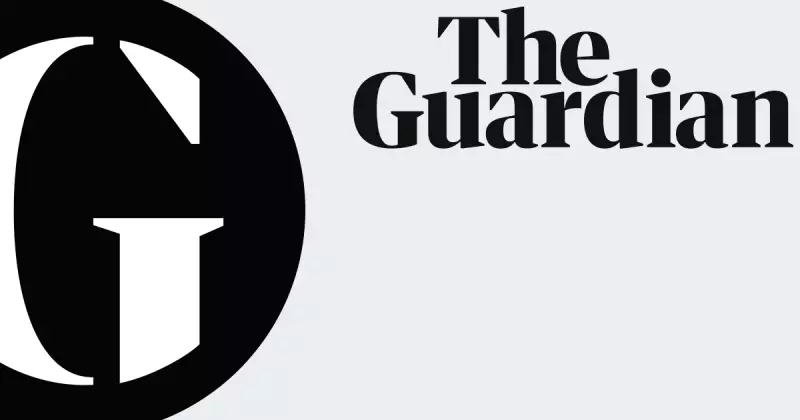
In an era of heightened political polarisation, newsrooms across the UK and beyond are grappling with one of journalism's most pressing ethical dilemmas: how to report on far-right movements and extremist ideologies without becoming an unwitting megaphone for their messages.
The delicate balance between informing the public and avoiding the amplification of hate requires meticulous editorial judgement and robust ethical frameworks. This challenge goes beyond simple reporting—it strikes at the very heart of journalistic responsibility in a democratic society.
The Amplification Paradox
Journalists face what many are calling 'the amplification paradox'—the risk that even critical coverage can provide extremists with the oxygen of publicity they crave. The very act of reporting on these groups, regardless of context or criticism, can inadvertently legitimise their views and expand their reach.
This creates a fundamental tension between the public's right to know about potential threats and the ethical imperative not to platform dangerous ideologies.
Newsroom Strategies for Responsible Reporting
Progressive news organisations are developing sophisticated approaches to navigate this complex landscape:
- Context is paramount: Ensuring coverage consistently places extremist views within a framework of factual counterpoints and historical context
- Expert analysis: Prioritising expert commentary over sensationalist soundbites from extremist figures
- Focus on impact, not ideology: Reporting on the consequences of extremist actions rather than amplifying their rhetoric
- Minimising platforming: Carefully considering whether giving space to certain voices serves the public interest
The Human Cost of Getting It Wrong
When media coverage misfires, the consequences can be severe. Ill-considered reporting has been shown to:
- Boost recruitment for extremist organisations
- Normalise previously fringe viewpoints
- Create unintended propaganda opportunities for hate groups
- Endanger vulnerable communities targeted by extremists
This underscores why ethical reporting isn't just a philosophical concern—it's a matter of public safety.
Finding the Balance
The solution isn't to avoid covering extremism altogether—such silence would represent its own form of journalistic failure. Instead, newsrooms must develop more nuanced approaches that:
- Prioritise victims' voices and community impacts
- Provide historical and sociological context for extremist movements
- Focus on solutions and counter-extremism efforts
- Maintain editorial rigour in verifying claims and rhetoric
As the media landscape continues to evolve, so too must the ethical frameworks that guide how journalists report on some of society's most challenging issues. The commitment to responsible reporting has never been more crucial.





